The Theory of Poker: A Professional Poker Player Teaches You How To Think Like One
£22.90
The Theory of Poker by David Sklansky discusses theories and concepts applicable to nearly every variation of the game, including five-card draw (high), seven-card stud, hold em, lowball draw, and razz (seven-card lowball stud). This book introduces you to the Fundamental Theorem of Poker, its implications, and how it should affect your play. Other chapters discuss the value of deception, bluffing, raising, the slow-play, the value of position, psychology, heads-up play, game theory, implied odds, the free card, and semibluffing.
Many of todays top poker players will tell you that this is the book that really made a difference in their play. That is, these are the ideas that separate the experts from the typical players. Those who read and study this book will literally leave behind those who dont, and most serious players wear the covers off their copies. This is the best book ever written on poker.
Read more
Additional information
| Publisher | fourth edition (22 May 2023), Two Plus Two |
|---|---|
| Language | English |
| Paperback | 301 pages |
| ISBN-10 | 1880685000 |
| ISBN-13 | 978-1880685006 |
| Dimensions | 13.97 x 1.83 x 21.59 cm |

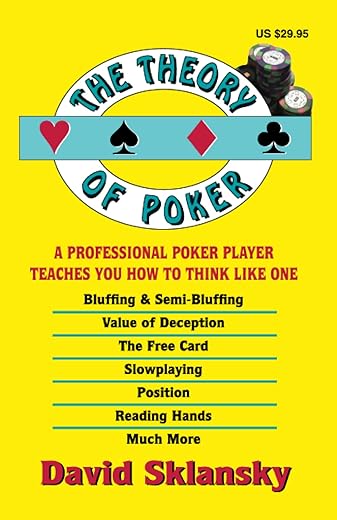
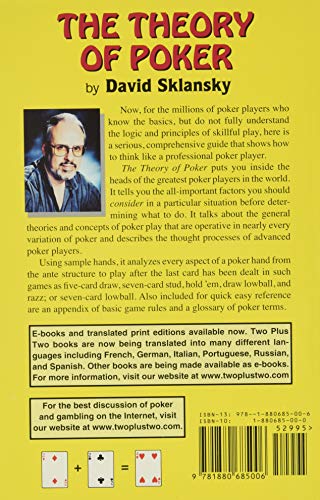
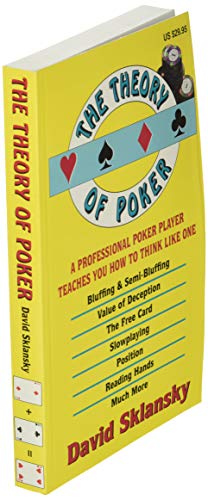

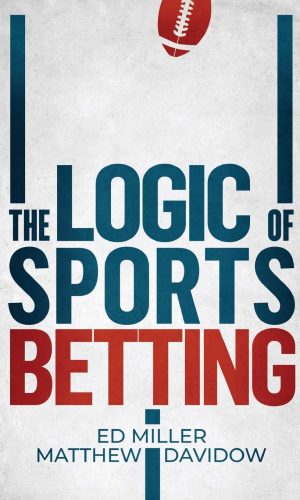
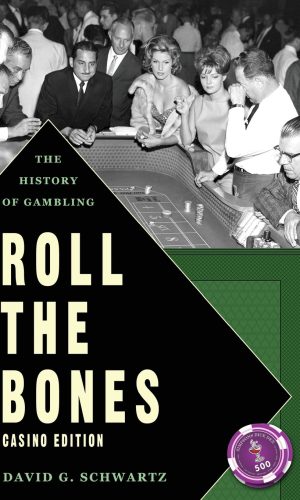
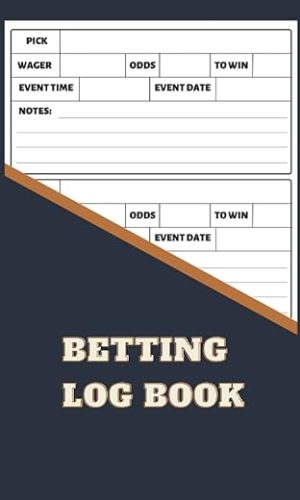
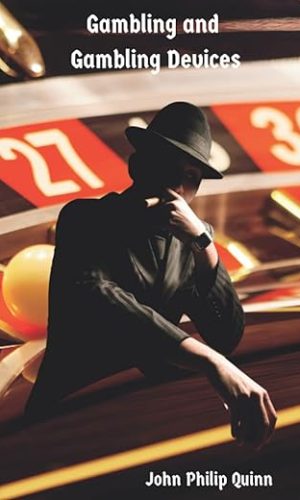

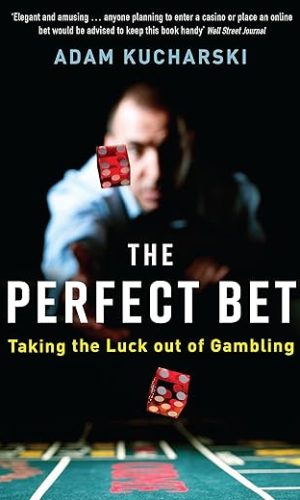
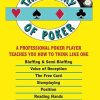
by Joshua Wragg
The Theory of Poker.
Now this is THE book for any poker player, beginner, intermediate or pro. This has all of the theory’s you need to beat your potential opponents.
I’m not going to give you a run down about what it covers as you can see from the description. What I can tell you however is how i went from being a bit of a fish in cash games / live tournaments, to placing and now i’m winning. It’s helped a lot with judging when to call, when to fold and why. It’s pretty much nailed it on the head here.
Unfortunately if you’re looking to be pro online then i suggest another book. Online poker is a shark tank and full of bad beats here there and everywhere. Oh you got 4 of a kind on the flop? Ah soz bro i rivered a straight flush. gg.
Back on topic however this is one of the books you actually have to read if you want to be a semi-serious poker player otherwise you’ll be that fish at the table. And NOBODY wants to be that fish.
by Acchilles22
This was (I think) the first poker book that I read. In short, it’s one of the best poker books that I own. There’s plenty in here for all types of players, but it really helps get beginners on the right track when you’re starting out in the micros. Everything is clearly explained with easy to understand examples – the beauty is that even though this was written well over a decade ago the theory is still very much applicable to modern day poker. This should be one of the first poker books that you buy!
by J Adams
First, let me say that I own this book and have read it cover-to-cover a number of times. It is well presented and contains everything you ever wanted to know (plus much you didn’t know or didn’t even want to know) about the mathematics and tactics of poker. I have given it a high rating as I believe reading it will make anyone a better tactical poker player
However, much as I feel that I am a better poker player after reading this book, the vast majority of online opponents that I have come across quite clearly haven’t read it. Most low-limit online players are far looser than the poker experts Sklansky plays against and the subtleties of the semi-bluff or the meaning of a re-raise are completely wasted on them. This can cause the variance in winnings/losses per hand to be enormous and anyone with a less than infinite bank balance will suffer
While this book is unquestionably one of the definitve texts on the game of poker, it is not suitable for the casual online player. I’d recommend starting with one of the books aimed directly at online play and only purchasing this book when you feel you’re interested and confident enough for higher-limit online or casino play
by Kindle Customer
While not focused solely on hold em, this book provides a great insight into the fundamental considerations and how to apply them practically. Covering the main types of poker games has also introduced me to trying other formats of poker.
by Mr. N
Bring your highlighter and become poker smart! So many nuances of the game discussed here. Though Hold’em is just one of many forms he talks about, most information is transferable as he is talking in broad terms, using Razz etc to illustrate his point.
Sometimes you need to reread passages a few times as he’s talking flops and hole cards with the presumption you can perfectly picture everything in your head, but great information and an eye opener.
On to his Hold’em for advanced players next!
by Who’s there?
Firstly, this book is not specifically focused on Texas No-limit Hold’em; it speaks to a number of poker games including stud and draw poker variations, so if you are unfamiliar with those games (as I am) then you might find yourself getting lost in unfamiliar terminology and rules.
But the lessons and theories detailed in this book are applicable across the board. It is a detailed overview in fundamentals, hand reading, bluffing, position etc. and brings an awareness to the level of thinking and attention to detail that is required to do well.
Worth a read for novice players but I doubt it would provide any useful insight to more experienced players.
by Si
I bought this book after reading an article online of the top ten must read poker books of all time. This was regarded as one of the ‘bibles’. I am average player and have been playing for five years. This book became a huge let down for me. I thought it would be aimed towards the popular holdem game of today but it was aimed at the variety of poker games. It does go into slight depths with the art of semi bluffing, the theories of various elements of the game, mathematics and odds. But I must say I did not learn much from this book and I have read far more interesting poker books. I think this book was designed for ‘back in the day’ poker. For beginners it does not hold the basics of poker and for more intermediate players the book maybe useful for the sections on odds, mathematics and generally gambling and bankroll management.
by Paraducks
The ideas in this book have been used by others so frequently without attribution that it is easy to forget what poker was like before this was published. You can argue that every idea in this book was sometime published by someone else prior but never before were they organized so systematically and proved with such mathematical certainty. Its major deficit is that the writing style is frustrating and annoying. When I read it I constantly find myself thinking, “I could have edited this to read with much greater clarity and accessibility.” (I’m not an editor or publisher.) I frequently think Sklansky should give it to a new editor to re-write. The point of a book shouldn’t be to make the reader struggle to understand the author’s ideas and intent. That aside, it was the first of a new generation of classic poker books.